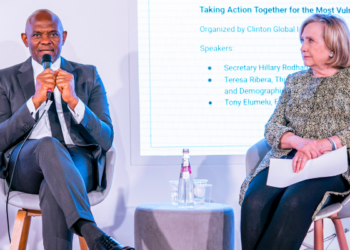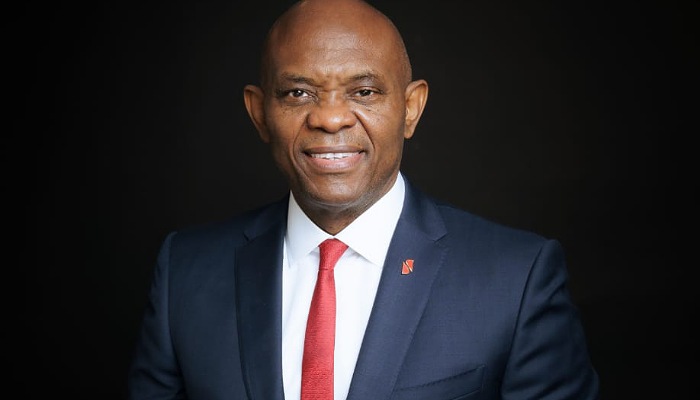The Tony Elumelu Foundation, TEF is again demonstrating a commitment to invest in the future of African youths as it collaborates with Generation Unlimited (Gen U) to help the younger generation, women and children reach their desired goals amid the prevailing socio-economic problems facing the continent.
The foundation, at the hybrid launch of the Gen U Sahel Strategy, geared towards leaping the Sahel youths, reinforced commitment to further empower Africans by providing more jobs in the region.
Through the partnership, the foundation wants to give opportunity and economic hope to cushion the effect of economic hardship especially heightened by COVID-19 that has made many people in the region helpless to poverty.
What they are saying
Speaking during the launch, TEF Founder, Mr Tony Elumelu, expressed pride in the effort directed at emancipating thousands of Africans across the continent.
He said, “At the Tony Elumelu Foundation, the leading philanthropy empowering thousands of Africa from across the continent, we are immensely proud to be co- implementors and grassroots galvanizers for this critical Gen u Sahel Program. We have trained 1.5 million young Africans across the continent through the Tony Elemelu Entrepreneurship program which provides $5,000 non-refundable seed capital to those who are beneficiaries in Business training and mentorship for young entrepreneurs to scale their enterprises.
“We have funded 10,898 entrepreneurs across Africa. This way, the young African entrepreneurs have gone on to create further 400,000 indirect jobs. In 2019, we partnered with the United Nations Development Program to identify, train and mentor 2,100 young entrepreneurs in the Sahel region which includes, Northern Nigeria, Burkina Faso, Mali, Niger, Chad, Cameroon and Mauritania.
Adding that the COVID-19 pandemic again caused a lot of disruption in economic activities, he said that the foundation has partnered with UNDP to fund and train young Malians who face the threat of insecurity, conflict, poverty and loss of livelihood from climate change, through interventions that have helped to create small businesses and generate economic hope, channelling their creativity and skills to transform the Sahel region.
He said, “More than 2 million people in the region have been forced to leave their homes with millions more losing their sources of livelihood. Resources are scarce and opportunities are limited leading to more conflict and tension in the Sahel region. A collective effort is needed to find a lasting solution to this intractable crisis. Empowering and investing in our people and investing in the young ones in the Sahel region to give them economic hope and opportunity is what we believe in.”
Amina J. Mohammed, the Deputy Secretary-General of the United Nations also noted that the region has more of the young population and girls. She called for the improvement of lives now for the benefit of the unborn. According to her, millions of people living in the Sahel face security and serious challenges to sustainable development, complicated by the devastating pandemic. Hence, the need to act now to “improve our prospects and that of our children and grandchildren.”
“The ongoing conversations aimed to launch an integrated strategy for the Sahel are helping us to understand these priorities and hopes so that we can integrate them into our support for the region. Young people’s viewpoints and approaches are essential to decision making, resilience and prospects today and tomorrow.
“The Sahel we want is the centre of a positive narrative,” she said, citing that young people can build the Sahel if given the opportunity.

















